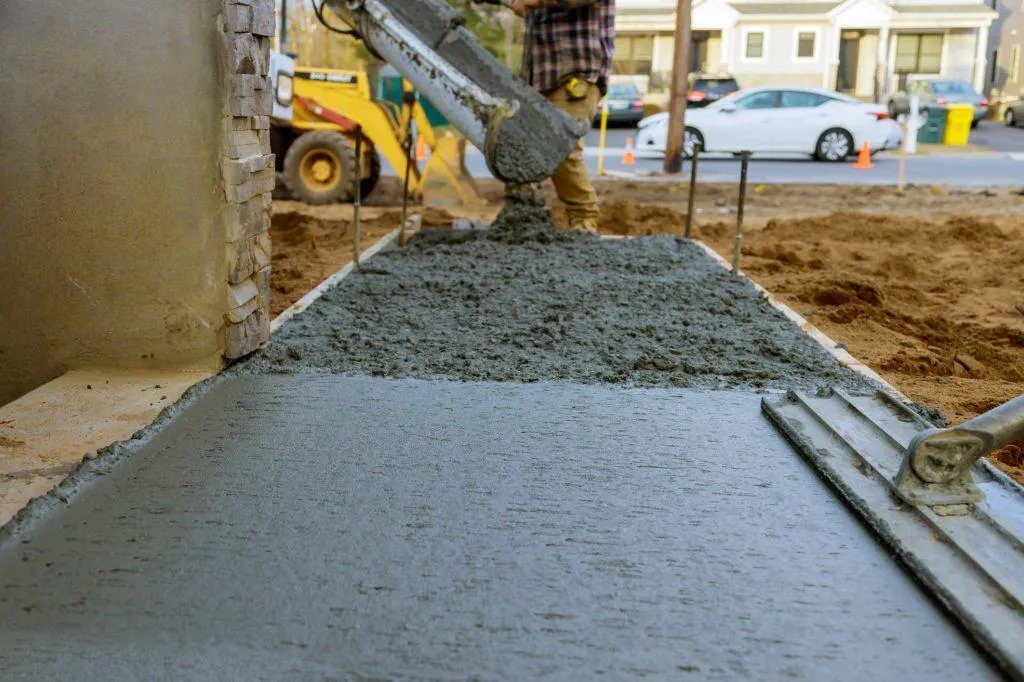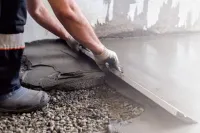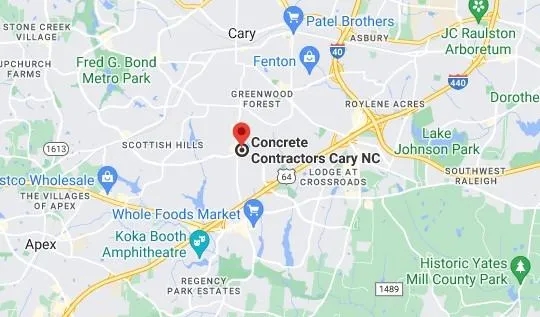BLOG

DIY Or Hire a Contractor for Concrete Driveway Repair
When your driveway cracks or becomes sunken, it may be a good idea to get a professional to make the repairs for you. There are various ways to fix a sunk concrete driveway, from mechanical fixes that fill voids to hydraulic lifts. Regardless of the method you choose, each has its pros and cons. Before you decide which one is best for your home, take a look at the list of problems and their solutions.
First, clean the area to remove any debris and weeds. Then, apply a thin layer of asphalt or sand to fill the crack. A professional will use heavy-duty machinery to make sure the concrete is even and durable. Depending on the extent of the damage, resurfacing can help your driveway look as good as new. Moreover, resurfacing allows you to install decorative finishes. Resurfacing is a great way to give your driveway a new appearance. The cost of a concrete repair job can range from $2.00 to $4.00 per square foot. In addition, contractors may charge you between $65 and $85.00 an hour.
While cracks less than a quarter-inch wide do not pose a structural threat, patching can be done easily. Crack fillers, which are different from concrete, can be applied over the cracked area to cover the problem. However, these solutions are not water-tight, and if water seeps between the patch and original concrete, it will eventually reopen the crack. Despite the high cost, a resurfacing project can save you time and money.
While doing a DIY driveway repair may temporarily fix a small hole or crack, you should hire a professional if the damage is bigger. Do-it-yourself repairs will only temporarily fix the problem, so you should avoid trying to patch larger potholes or cracks. A professional will be able to solve these issues quickly and easily. If you can’t do it yourself, you should hire a contractor to make the necessary repairs.
A professional should install a patching compound over the cracked section. A patching compound is a thin layer of cement-based material that is applied directly over the damaged concrete. It can be used to conceal minor flaws or add a decorative finish. This method costs around $2 per square foot, and a contractor can charge from $65 to 185 per hour. You can also hire a concrete repair company to make a driveway for you.
Fortunately, there are several types of concrete driveway repairs. The most common method involves a professional pouring a cement-based overlay over the damaged part. The process can be expensive but is often the least-costly option. In addition to the cost of patching, concrete resurfacing can also provide decorative finishes to your driveway. Whether you choose this type of repair, it can help you save money. Using a professional can save you a lot of time and money.
In some cases, you can perform the repair yourself. If the cracks are small, you can use a masonry blade at a 15-degree angle to chip out the concrete. Next, apply the vinyl-reinforced patching compound in thin layers, and wait for it to dry for 30 minutes before applying another layer. After it dries, cover the patched area with plastic sheeting to prevent further deterioration.
Depending on the size of your cracks and other damage, a professional can either replace the entire concrete driveway or repair the damaged areas. If the problem is not as severe, the concrete driveway repair contractor can use a masonry blade at a 15-degree angle to chisel out the concrete. A professional can then apply a vinyl-reinforced patching compound in thin layers in the same area. The patching compound should be applied in 30 minute intervals, and then covered with plastic sheeting for about a week. If the concrete is too dry, the contractor can apply a masonry paint to the new area to make it match.
When a crack is too large to be filled, a professional concrete driveway repair company can use caulk to fill it. Then, the cracks can be filled with concrete caulk, which acts as a temporary fix. Adding a little bit of caulk to cracks will prevent water from seeping through them. It will also help to prevent moisture from accumulating in the cracks and causing them to deteriorate.






